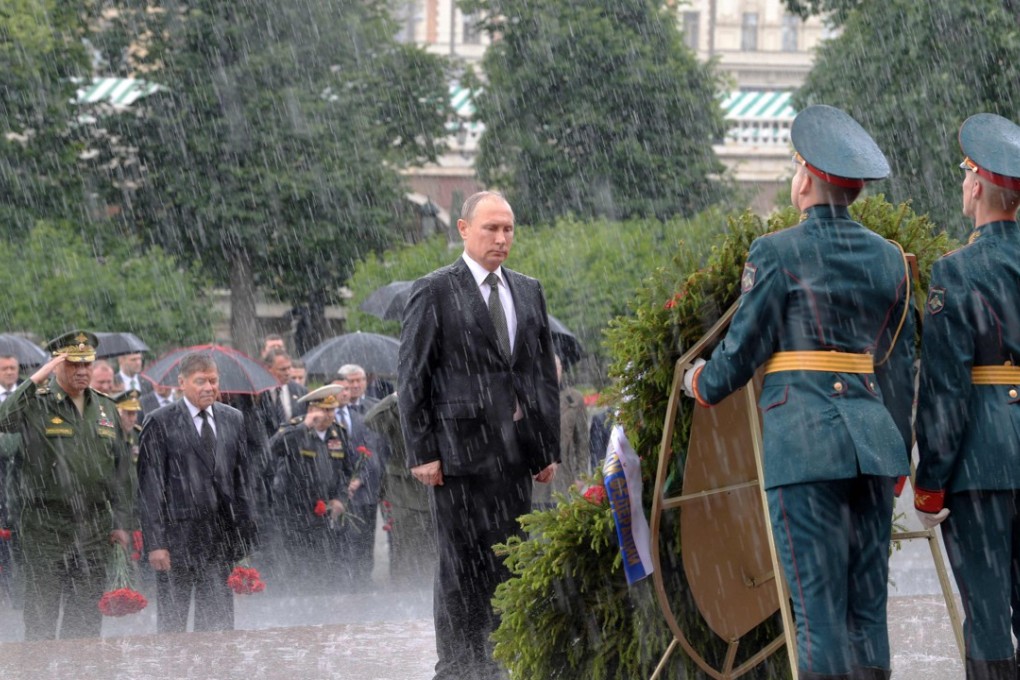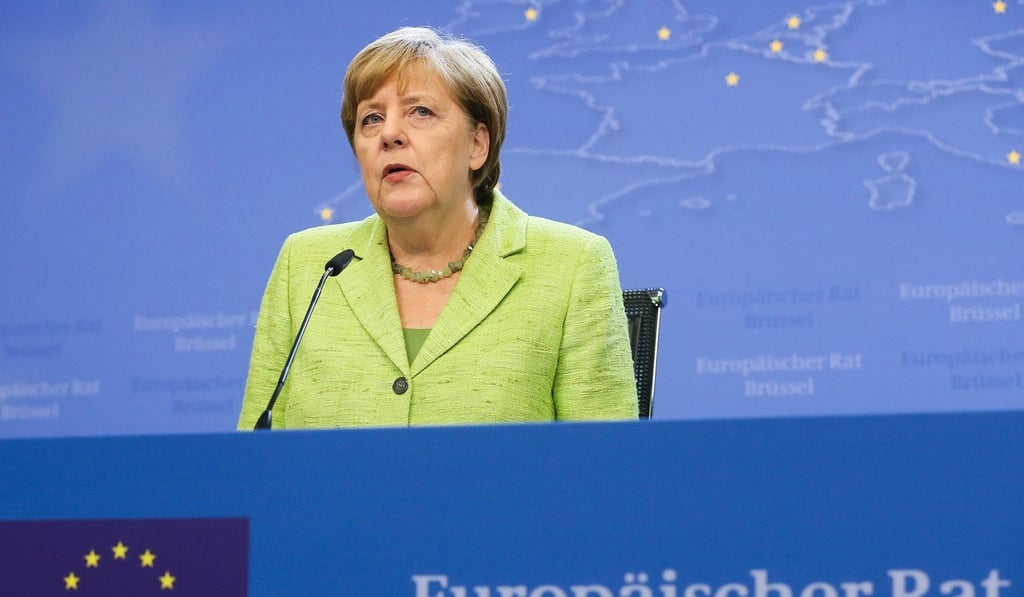EU extends sanctions against Russia due to lack of progress over Ukraine

EU leaders agreed on Thursday to roll over damaging economic sanctions against Russia for another six months because Moscow has failed to meet its Ukraine ceasefire commitments, EU president Donald Tusk said.
“Agreed. EU will extend economic sanctions against Russia for their lack of implementing the Minsk agreement,” Tusk tweeted at an EU leaders summit in Brussels.
The decision will be formalised in July and become effective on July 31, when the current measures are to expire.
The EU imposed the economic sanctions against Russia after the shooting down of Malaysia Airlines flight MH17 in July 2014 with heavy loss of life, blamed by the EU on pro-Russian rebels in eastern Ukraine.

Up to that point, many European Union member states, especially France and Germany, had been reluctant to make a move which would cost them as well as Russia.
There was no immediate detail apart from Tusk’s tweet. But the decision, widely expected, came as newly-elected French President Emmanuel Macron and German Chancellor Angela Merkel briefed their colleagues on Franco-German efforts to make the Minsk ceasefire agreement work.